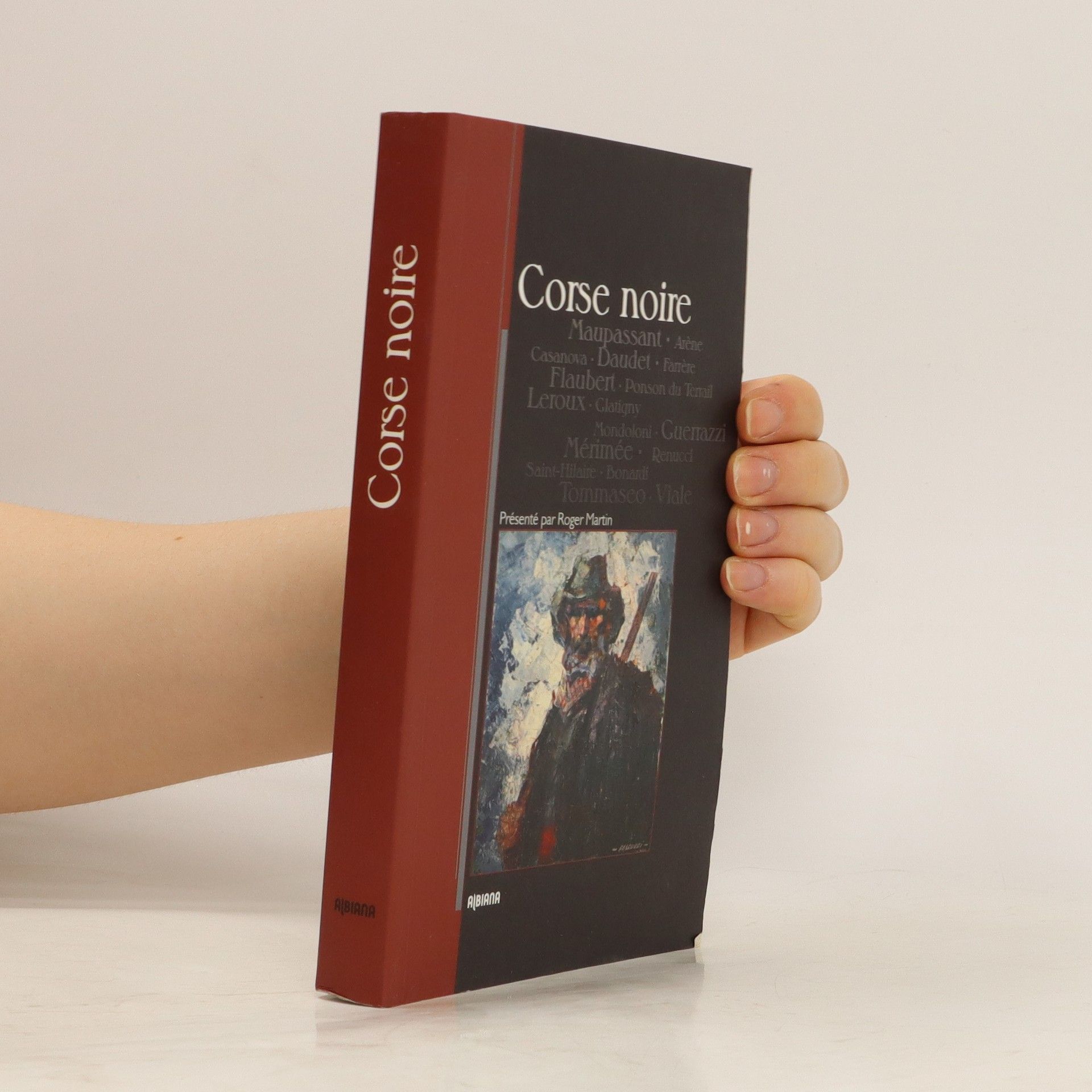A New Way to Think
- 256pagine
- 9 ore di lettura
Imagine the ultimate guide to strategy and management from a leading business thinker. This book embodies that vision. Throughout his illustrious career, Roger Martin has advised CEOs of some of the world’s most successful companies, observing that nearly every executive relied on a "model" to guide their strategies. However, these models often became automatic responses, leading to repetitive and ineffective applications. Martin adopted a fresh, critical approach to assist leaders facing fundamental questions about strategy, corporate culture, and innovation processes. His initial response was to challenge existing models with innovative ideas, articulating new ways to tackle problems effectively. Over time, these insights evolved into numerous Harvard Business Review articles, now compiled for the first time. With his signature clarity and intellect, Martin explores the management landscape, shedding light on the essence of competition, the customer-centric nature of success, and the interconnectedness of strategy and execution. This book reads like personal sessions with a top business thinker, making it an essential resource for current and aspiring business leaders.



